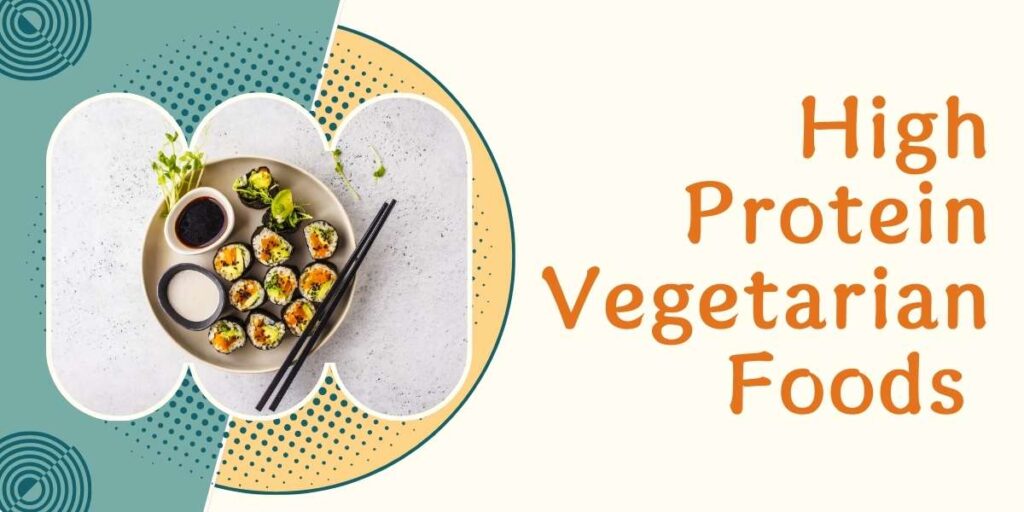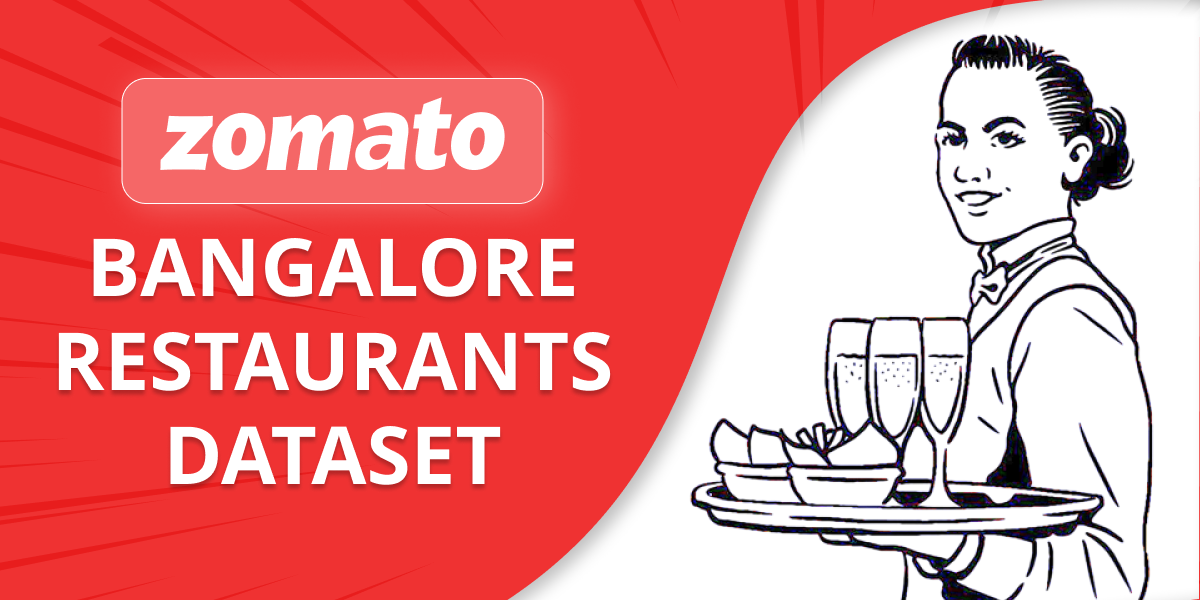Protein is one of the most important nutrients for the body, helping repair muscles, promote growth, and support overall health. While many people associate it mainly with foods like meat and eggs, Indian cuisine offers a wide variety of vegetarian sources rich in protein. Whether you’ve chosen a vegetarian lifestyle or are simply eating less meat, there’s no shortage of plant‑based foods to help you meet daily protein needs. This blog focuses on some of the best high‑protein vegetarian options found in India and how they contribute to muscle building, weight loss, and healthy weight gain.
High Protein Vegetarian Foods in India (Top 10)
Below are ten widely available vegetarian foods in India that are rich in protein and easy to include in your daily meals:
- Paneer (Cottage Cheese) – Around 18 g of protein per 100 g.
- Tofu – Roughly 10 g of protein per 100 g; a soy‑based alternative to paneer.
- Lentils (Dal) – About 9 g of protein per 100 g cooked.
- Chickpeas (Chana) – Around 15 g of protein per 100 g cooked.
- Kidney Beans (Rajma) – Approximately 9 g of protein per 100 g cooked.
- Green Peas – Close to 5 g of protein per 100 g.
- Quinoa – Around 14 g of protein per 100 g cooked.
- Almonds – About 21 g of protein per 100 g.
- Greek Yogurt (Hung Curd) – Roughly 10 g of protein per 100 g.
- Soy Chunks – Approximately 52 g of protein per 100 g dry, making them extremely high in protein.
These foods are simple to add to everyday Indian dishes and provide a strong foundation for meeting daily protein needs.
High Protein Vegetarian Foods for Muscle Building
For building muscle, a diet rich in protein is just as important as consistent strength training. The aim is to include complete protein sources and combine plant‑based options in ways that provide a full range of amino acids.
Top picks for muscle gain:
- Soy Chunks – Extremely high in protein and budget‑friendly.
- Paneer and Tofu – Great choices for both pre‑ and post‑workout meals.
- Quinoa – A complete protein that works well with mixed vegetables.
- Lentils and Legumes – Best when paired with rice or roti to create a complete amino acid profile.
- Peanut Butter – Offers protein along with healthy fats; perfect in smoothies or spread on toast.
Include these foods in your diet every 3–4 hours, alongside resistance training, to help support lean muscle growth and recovery.
Related – Evening Snacks for Before Workout
High Protein Vegetarian Foods for Weight Loss
When trying to lose weight, protein‑rich foods can help you stay fuller for longer and protect muscle mass while you’re eating fewer calories.
Best vegetarian picks for weight loss:
- Tofu and Paneer (in moderation) – Low in carbs and rich in protein.
- Greek Yogurt – Works well as a breakfast option or a filling snack.
- Lentils and Legumes – Offer lasting satiety with minimal fat.
- Chickpeas – A versatile choice for salads, soups, or light meals.
- Green Peas – Light, high‑fiber, and satisfying.
These foods fit easily into balanced, calorie‑controlled meal plans that promote fat loss while helping to maintain muscle.
High Protein Vegetarian Foods for Weight Gain
For healthy weight gain, focus on eating protein‑rich foods in larger portions, pairing them with calorie‑dense ingredients.
Ideal options include:
- Soy Chunks and Paneer – Add to curries, wraps, or enjoy as grilled snacks.
- Nuts and Seeds (such as almonds and sunflower seeds) – Packed with protein and healthy fats.
- Tofu Stir‑Fry with vegetables and brown rice.
- Smoothies made with peanut butter, banana, and Greek yogurt.
- Dal with Ghee and Brown Rice – A wholesome, calorie‑rich combination.
Frequent meals that combine high protein with healthy calories can help you increase body mass in a balanced way.
Conclusion
High‑protein vegetarian foods are widely available, especially in Indian cuisine. Whether you aim to build muscle, lose fat, or gain healthy weight, there’s a wide range of nutritious, protein‑rich options to choose from. Including a variety of these foods helps ensure you get all the essential amino acids your body needs. Plan your meals carefully and balance protein with other macronutrients for the best results. Staying consistent with both your eating habits and physical activity is key to reaching your fitness goals effectively.
FAQs
Q1. Can vegetarians meet their protein needs through food alone?
Ans:- Yes. By including a mix of different plant‑based foods that are rich in protein, it’s possible to achieve the daily requirement without any animal products.
Q2. Which vegetarian foods provide complete protein?
Ans:- Options like soy, quinoa, and combinations such as rice with lentils contain all the essential amino acids the body needs.
Q3. Is paneer considered a good protein source?
Ans:- Absolutely. Paneer is protein‑dense and is a staple in many Indian diets.
Q4. Are lentils and beans enough to build muscle?
Ans:- They can be very effective, especially when paired with whole grains to create a complete amino acid profile.
Q5. How much protein should I consume each day?
Ans:- The exact amount depends on body weight and personal fitness goals, but in general it ranges from about 0.8 g to 2.0 g per kilogram of body weight.
Q6. Can vegetarians use protein supplements?
Ans:- Yes why not, using a protein supplements aid to your protein intake. Plant‑based powders made from sources like pea, rice, or soy protein are suitable options.
Q7. Is it fine to eat protein‑rich foods at night?
Ans:- Yes it’s totally fine. Including protein in your evening meal can help with muscle recovery while you sleep and keep you full for longer.







